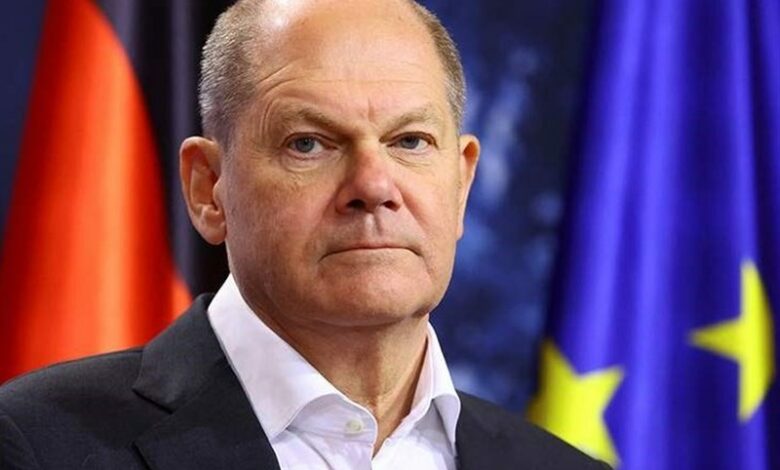The popularity of Germany’s extreme party hit a record high/Government parties are becoming more hated

| The results of a survey report the record popularity of the extreme alternative party for Germany and the decrease in the level of satisfaction with the three parties of the coalition government known as the traffic lights in this country. |
In contrast, the Christian United Party alone has 30 percent, followed by the extreme Alternative Party. For Germany, they are at 22%. This is the peak of the extreme party’s popularity in these polls, which was previously reached in mid-September and at the end of October. Accordingly, while the extreme party increased by one percent, the Greens in the coalition government lost one point compared to the previous week. Thus, if the elections were held next Sunday, Christian United parties would have 30 percent. (federal elections 2021: 24.1 percent) and the extremist party accounted for 22 percent (10.3 percent in the federal elections). The Social Democratic government party will get 14% (25.7% in the previous federal election), which is equal to the Greens’ 14% (14.8% in the last federal election). According to this survey, the Liberal Democrat government party also gets 5 percent of the votes (11.5 percent in the previous election period). , the federal economy minister, fell by one point and now has 18 percent of the vote. With 16 percent, German Chancellor Olaf Schultz also scored one point less than the previous week. Friedrich Mertz, the leader of the Christian Democratic Party, gained two points to 24 percent.
In a hypothetical two-party scenario in which Germans only had to choose between Schultz and Mertz, Schultz got 36 percent. Vared, while 32 percent said they would vote for Mertz, 32. percent would not choose any. Women are more likely to vote for Schultz (40 percent), while men are more likely to vote for Mertz (37 percent).
However, only a minority of Germans trust Schultz at 23 percent. To be able to regain the trust that many citizens have lost in the federal government. Three-quarters (74 percent) do not trust Schultz to do so. Even among supporters of the three governing parties, the majority do not believe that Schultz can regain the trust that the federal government has lost. The best way to deal with Germany’s problems, it was asked, 15% named Christian united parties. The Prime Minister’s Social Democratic Party still won 7% in this regard, the Greens also lost one point and got the same vote as the Social Democratic Party. The extreme party Alternative for Germany also grew from 7 to 8 percent. Only 2% of respondents still attributed political competence to the Liberal Democratic Party. Like last week, 59% say that no party can deal with Germany’s problems.
Also, 50% of the participants in this survey, the Middle East conflict as the most important political issue, followed by the war in Ukraine was named with 30%. 29% cited the state of the federal government and 28% cited the budget crisis. 17 percent are worried about rising prices and economic development, and 11 percent are worried about asylum and immigration. The climate issue, which is currently being negotiated at the COP in Dubai, affects only one in ten people.
This poll was conducted by the Forsa Institute and between November 28 and 4 December was conducted among 2,501 eligible German voters.
Data on the president was collected on December 1 and 4 from among 1,001 eligible voters.
end of message/
| Publisher | Tasnim News |


